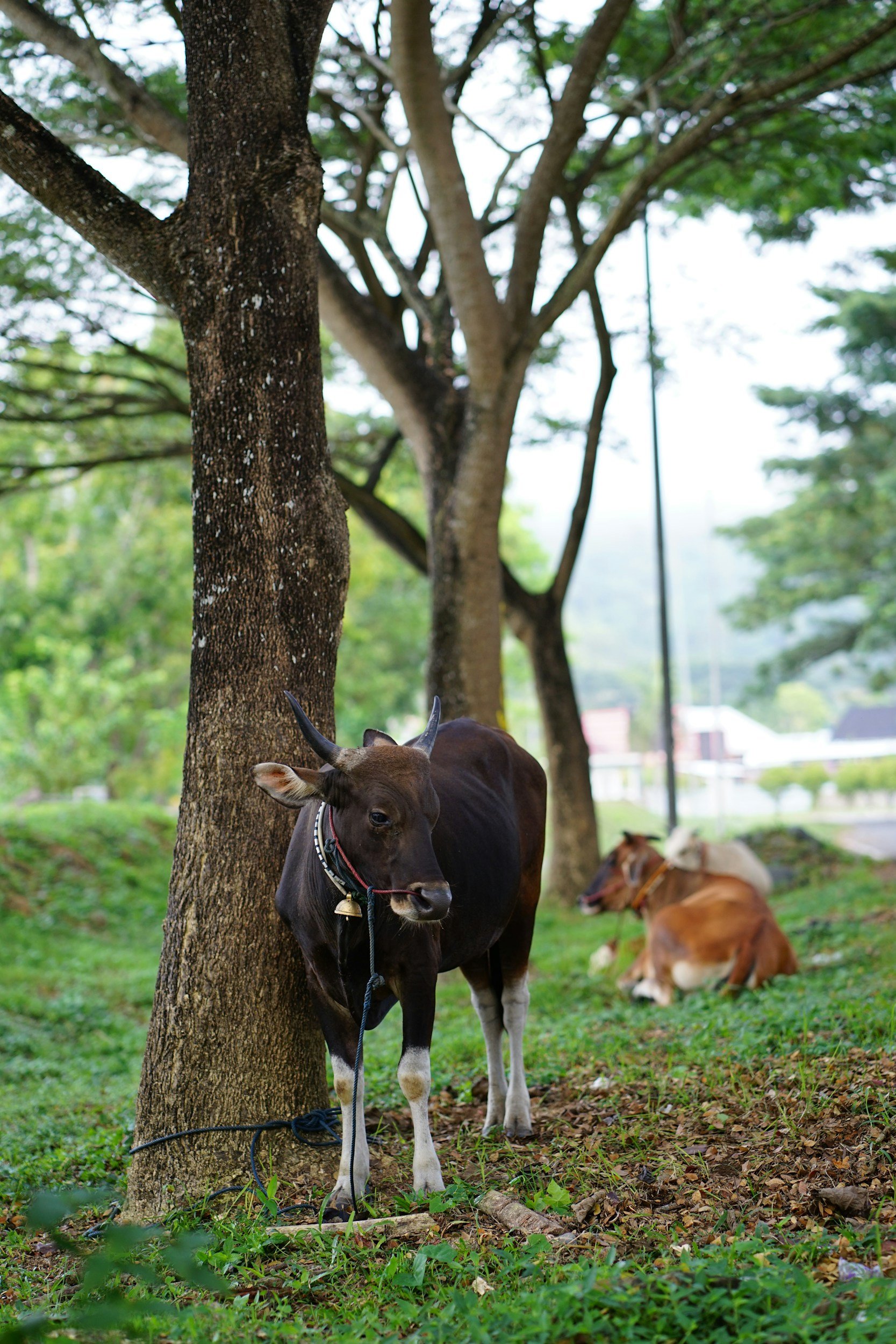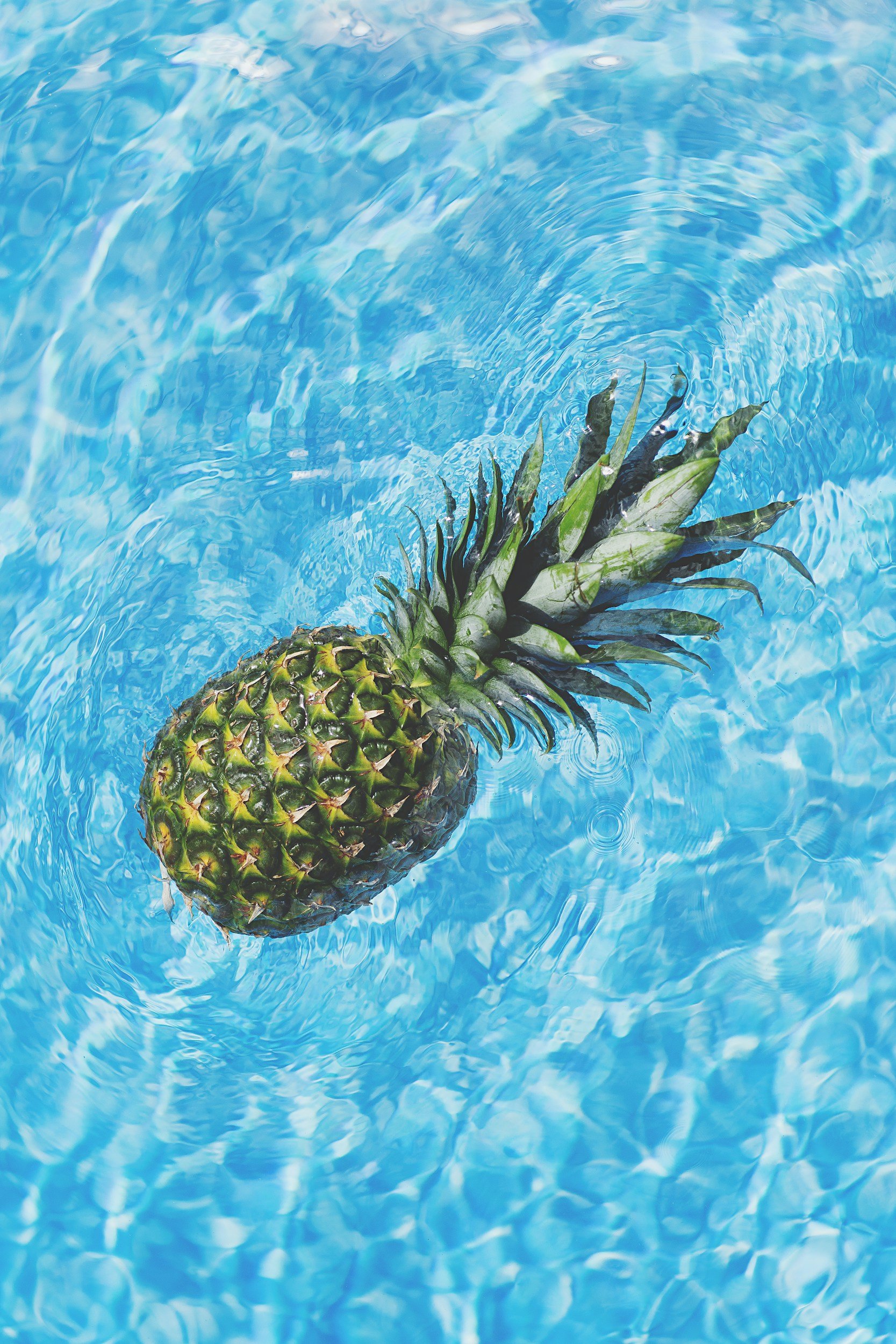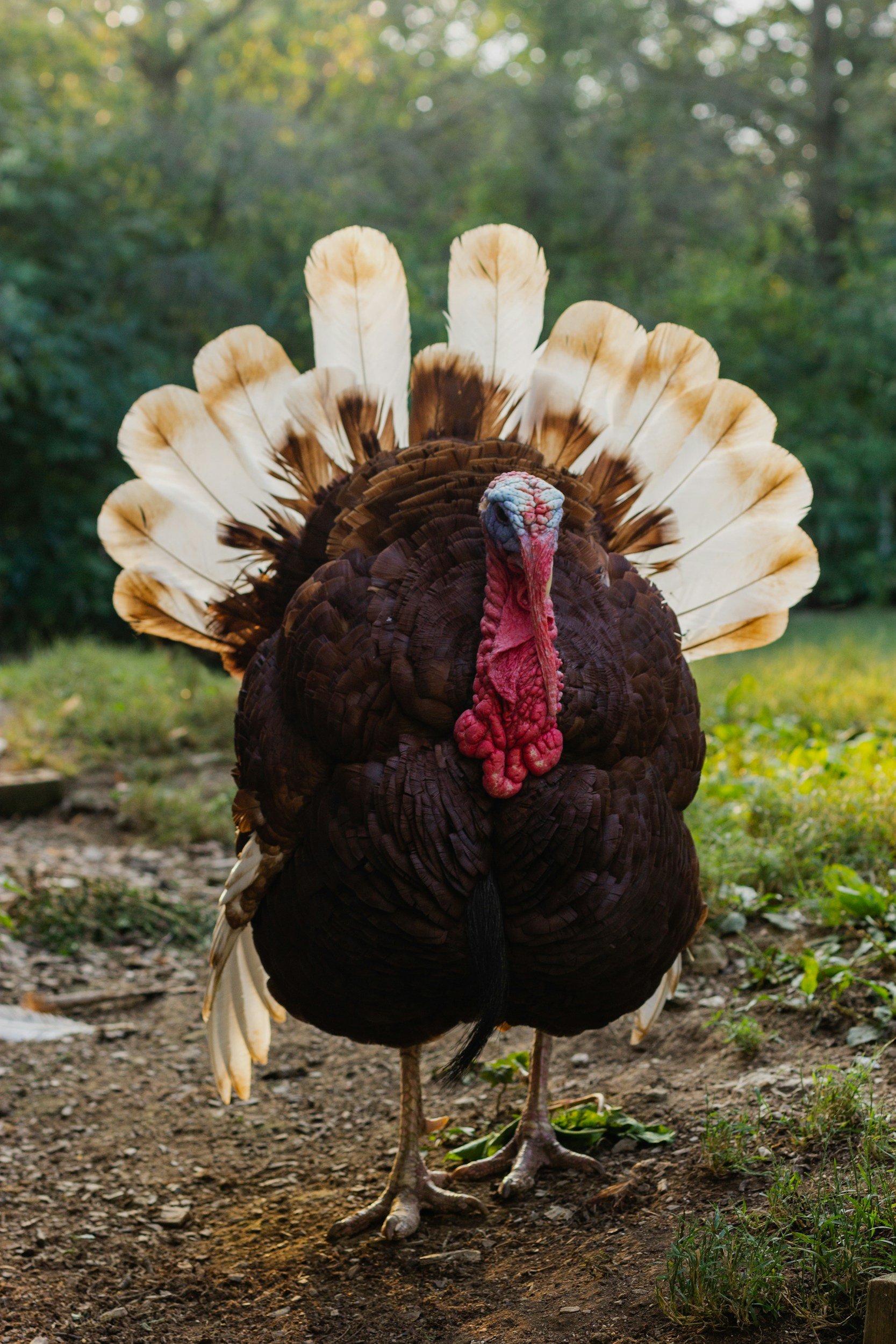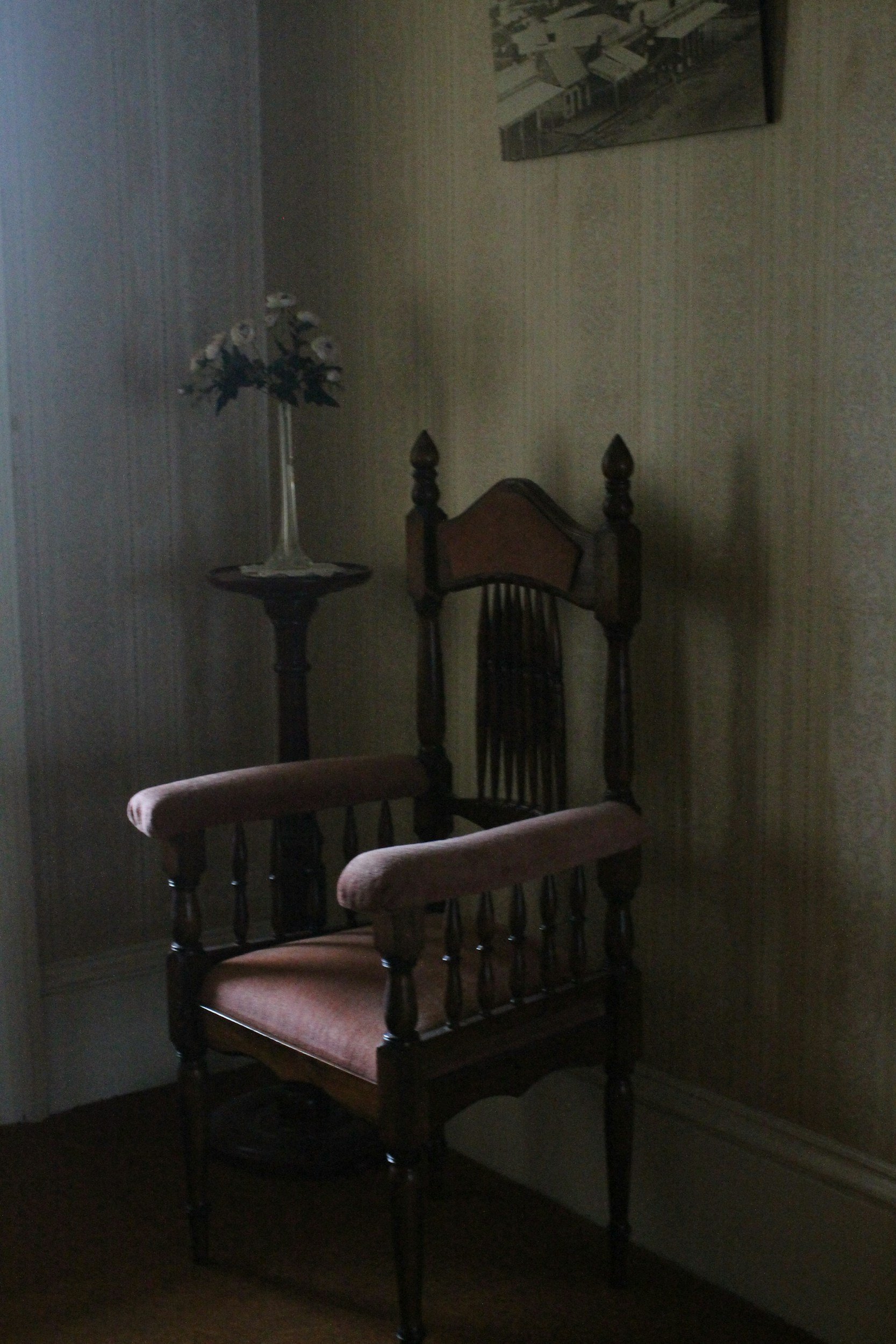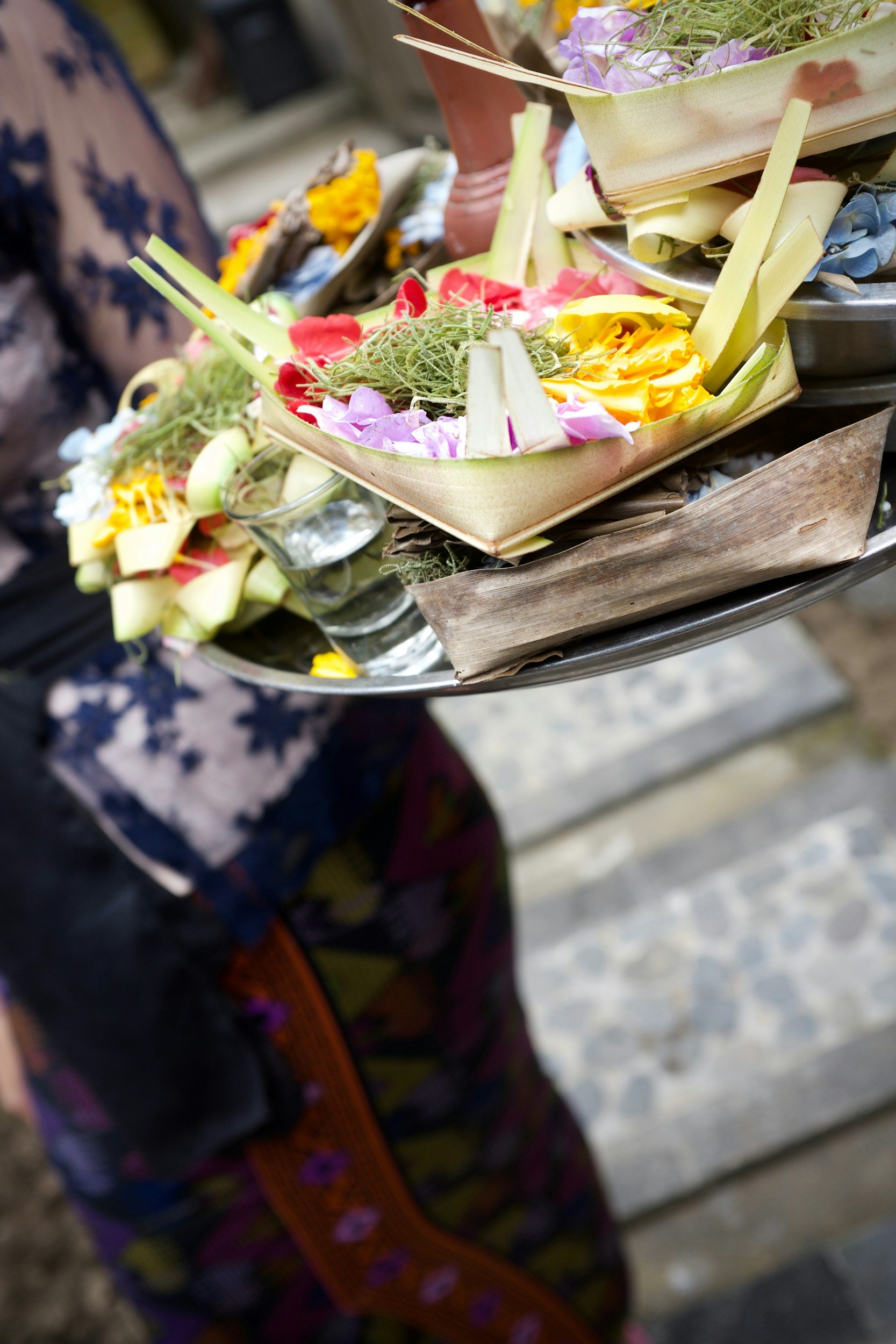Demystification of Ichu Aja: a Sacred Practice in Igbo Spirituality!
Listen to this article👆🏾
Ichu Aja, Itu Aja, or Nchu Aja is a central practice in Igbo spirituality. It refers to rituals of sacrifice or propitiatory offerings made to the spirits, either to seek their favor or, in some cases, to appease them.
The practice is rooted in the belief that humanity originates from the spirit realm and remains bound to it even while living in this world. Because of this connection, spirits are understood to hold the power to bring blessings or misfortunes into human lives. Maintaining harmony with these forces, therefore, is essential for well-being and balance as we go about our affairs on earth.
Before we go further into breaking down the concept of Ichu Aja, it’s important to note that Igbo language is multidimensional and multilinear in nature. Those who approach it with this awareness (seeing beyond surface meanings) can unlock far deeper layers of understanding. In this way, Igbo words and expressions usually carry multiple truths at once, waiting to be decoded by those who engage the language from its full depth.
The term "aja" can be used to describe the loose granular substance that covers part of the earth surface, such as sand or soil. It can also refer to ‘that which cloaks’, such as dirt or impurities. In that sense, Ichu Aja literally means ‘driving away aja’, that is driving away impurities or dirt.
In another sense, Aja refers to a field of life, this sense in its nature as a life field has been passed down to us in the term Aja Nwikaka which describes Aja to us as the child or a part of ‘Ijite Aka’ which basically means ‘life’, a realm of life.
In essence, when one is aligned with Aja, as the field of life, one’s life (being fully alive) is virtually guaranteed in effect. In line with this sense of Aja, we can then say Ichu Aja also means ‘being in pursuit of that aspect of life which sustains us’. Being in pursuit of the very thing which keeps us alive or recharges us.
Ichu Aja, as an indigenous practice among Ndi Igbo, is said to have originated during the age of Uga Chi, the second world age in Igbo cosmology.
Uga Chi is remembered as the age of the gods or spirits. It was during this time that humans became more materialistic and less attuned to the spiritual dimension. As a result, the gods and spirits withdrew from direct involvement in human affairs, no longer dwelling freely among people.
This withdrawal created a distance in human consciousness—a loss of immediate awareness of spirit, the unseen life force. To bridge that gap, those who wished to sustain a strong connection with the spirit world were given the practice of Ichụ Àjà. It became a sacred means of maintaining relationship and communion with the gods despite their withdrawal, making sure that the link between humanity and spirit was never completely severed.
Let us now consider some of the purposes and spiritual benefits of Ichu Aja in Odinani. As we’ve already established, this practice is both a concept and a ritual that allows practitioners to make sacrificial offerings in various forms and for different intentions.
To deepen our understanding, let’s highlight specific examples of how Ichu Aja is used and the benefits it provides in maintaining harmony between the human and spiritual worlds.
Ichu Aja is used to initiate a state of purification. As a rite that metaphysically chases away or removes spiritual dirt, or impurities, it makes way for positive energy in many forms to flow into a person's life by cleansing their path. In this sense it serves as a purification rite.
It serves as a tool for energetic exchange. Whenever Ichu Aja is done, there is an expectation that something negative is taken away or ceases to exist and is replaced with something better that improves the well being of the person on whose behalf it is done.
Ichu Aja is used as a tool for thanksgiving. In this sense, a person sets their intention of gratitude and positive acknowledgement for the manifestation of good things in their life and they rely on their sacrifice to relate or channel their intentions to their spiritual forces.
It serves as a memory (consciousness) rejuvenation tool. Ichu Aja makes way for the ancestral memories (consciousness) that was lost or taken away in the age of Uga Chi, but is still very present in the life field of Ijite Aka or Ikaka (in demotic Igbo), to stay, flow or come into a person’s life easily. This is one of my personal favorite aspects of Ichu Aja as a practice, the purpose it serves to help us remember, recall, or retain ancestral intelligence.
In Igbo spirituality, Aja is a tool that can be used to reevaluate and rebalance an individual's karmic path or that of their Chi (in this case as Onye Uwa or Reincarnator). Every person within the Igbo worldview is believed to be accompanied by a guardian force, or reincarnator, who also serves as a Chi force. This reincarnator may have incurred karmic debts from previous lives, which can impact the person's current existence. Certain forms of Aja can be employed to address these karmic debts, thereby clearing the path for the person and aiding their progress in their present life on earth.
Kalma kalma (karmic force) can have both negative and positive impacts on a person's life. In its negative form, it can hinder progress due to the individual's own actions or those of their reincarnator. While in its positive form, it can serve as a blessing and a source of strength. With Ichu Aja, certain karmic debts (especially those inherited) can be addressed to aid with a smoother path in a persons life.
The items used in Ichu Aja rituals, ranging from different forms of animal offerings to various other objects, each carry immense metaphysical symbolism. While we cannot fully explore them here, the key point is this: every item is symbolic.
Each one represents, embodies, or even totemizes an aspect of reality across dimensions. It is this symbolic resonance that activates specific effects, aligning the ritual with the energies those symbols correspond to. In other words, the spiritual power of Ichu Aja flows not simply from the physical act, but from the symbolic connections invoked through the chosen items.
Understanding the many purposes and spiritual benefits of Ichu Aja in Odinani is very important. Awareness of its possibilities makes the practice more intentional and its effects more meaningful in daily life.
The more we understand its potential, the more we can align our actions with the outcomes we seek. As we noted in our teaching on the formula for magic, setting clear intentions is crucial when expecting spiritual results.
Ultimately, Nchu Aja helps program the mind, both figuratively and literally, to expect blessings. It banishes fear of the unknown, encouraging hope, peace of mind, and mental fortitude. For those who practice it, it provides a sense of security for both present and future well-being.
That said, there remains an important conversation around how sacrificial offerings are carried out in our time, and the ethics required to ensure they honor not only our spiritual needs but also the well-being of our environment. That discussion is for another time.
For now, as Ndi Igbo say: Kà ánà àchụ́ àjà, kà íkpé n'àmá ndị́ mmụ́ọ́! Udo!
Recommended Resources:
Ichu Aja Explained - What is the Purpose of Sacrifice? (Blood Sacrifice) | Medicine Shell (YouTube)
Blood In The Astral Plane | Ugoebenaja (YouTube)
This Is The Real Meaning Of Ichu Aja So Stop Killing Poor Animals | Igboheritage Tv (YouTube)
Don't Underestimate The Power of Ichu Aja! | Nwaanyi Amechi ọkụnanọ (YouTube)


